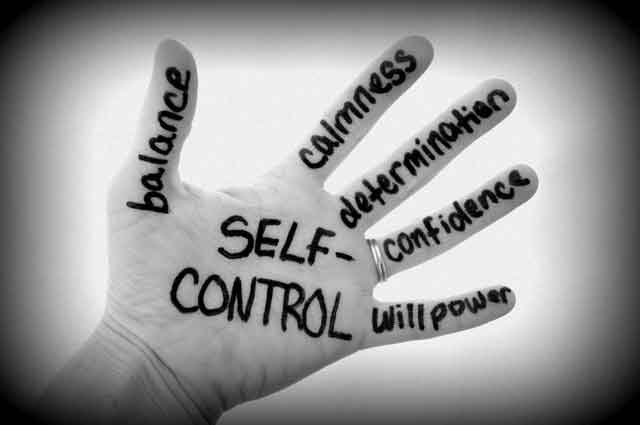Looking Into Yourself - The Power of Introspection
Taking the time to look into yourself can help you improve your mental health and avoid emotional troughs. You can identify stress sources and create a balanced lifestyle. You can also plan your future development. It can help you to overcome childhood fears. By examining your own behaviour and emotions, you can better understand yourself and your relationships.

Some philosophers argue that introspection is an inherently self-evident activity. They posit that introspection is like a microscope, and the subject is unable to be wrong about his own experience. This suggests that the self-evident quality of introspection makes it a useful tool in a wide variety of situations. It can help people with complex situations and help them make the most of their lives.
Although introspection is a helpful tool, the practice has faced criticism. Some researchers say that it may not be suitable for certain groups of people. Moreover, it may not be the best technique for people who need to think about complex situations. For instance, it may not be helpful for children or those with cognitive impairments. The technique has also been criticized for its lack of consistency with expert responses.
There are two main types of introspection. There are two forms of introspection: self-detection and self-shaping. Self-detection accounts are those where the subjects are able to detect pre-existing mental states, such as anger, pain, and sadness. This type of account is defended by many philosophers. However, some philosophers believe that such accounts lack a necessary element of self-shaping.
Self-shaping accounts are those where the subjects do not detect pre-existing mental states, but are able to produce true self-ascriptions. This type of account is defended by some philosophers, but not by all. In particular, some philosophers argue that this type of account does not provide sufficient evidence for introspection.
Some philosophers argue that introspection is a useful tool to help people with complex situations. They suggest that it can help people to avoid making mistakes and to recognize what they can do. It can help people to identify the common causes of anxiety and fear and to understand their own emotional behavior. It can also help people to identify the strengths and weaknesses of themselves and their relationships.
In contrast, some philosophers argue that introspection is not a reliable method of understanding the mind, because it is unable to detect pre-existing mental states. This is a concern of the adaptive unconscious theory, which suggests that a great deal of high-level mental processes are inaccessible to introspection. This type of account is also defended by Armstrong.
This type of account is defended by the authors of the book "Introspection: A Psychology of Self-Reflection". In this book, the authors explore the idea that introspection is a process. This is contrasted with external observation, which does not change the object perceived.
Armstrong argues that introspection is a self-scanning process in the brain. He distinguishes between pain and introspective awareness of pain, and he stresses that introspection is a state of awareness that is produced by self-scanning.